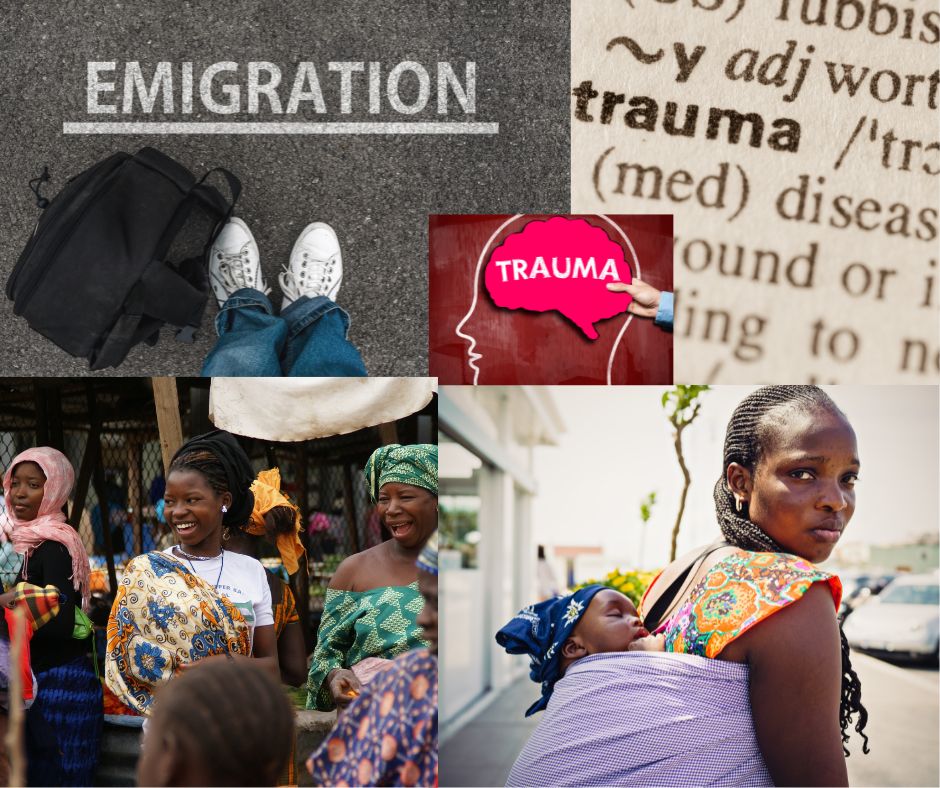
Source: AUN News
Early in April, violence erupted in Kaddy’s Senegalese village, forcing her to abandon her possessions to protect her family. “We had nothing left. We were not allowed to take anything with us when we departed. Everything, including our food and livestock, was destroyed during the war.
Kaddy went to The Gambia from the north with her husband and seven children, finally making her way to a little community in the Janack district, often known as “Foni.”
Kaddy and her family had to rely on the kindness of the neighbourhood for food and shelter after leaving with nothing. Kaddy laments, “We feel like a burden to the other villages aiding us. We are embarrassed to be “taken care of,” but there is nothing we can do.
According to the National Disaster Management Agency, violence broke out along the Senegalese-Gambian border in areas controlled by the separatist Movement of Democratic Forces of Casamance. Kaddy is one of the hundreds of Senegalese who were compelled to flee to The Gambia (MFDC).
According to The Gambia’s National Disaster Management Agency, 6,200 Gambians have been internally displaced. Another 8,500 have been impacted due to the conflict, which lasted for four decades.
The promotion of post-traumatic stress awareness
The mobile team uses psychoeducation as one of its primary strategies, with volunteers visiting and engaging communities to talk about mental health issues and potential stress indicators and symptoms. According to Solomon Correa, managing director of the Supportive Activists Foundation, “the goal is to create awareness about the experiences of those who have gone through post-traumatic stress disorder or have been adversely impacted owing to the change of environment brought on by the crisis.”
These group talks are facilitated using established sociocultural practices, like the usual array (tea) gatherings.
Amie, a volunteer psychologist, says, “we can teach them coping techniques during the sessions.” They are frequently highly interested in speaking with us privately once we educate them about mental health disorders’ potential indications and symptoms.
The mobile team can identify clients with particular mental health issues who require more care through psychoeducation sessions and undertake follow-up visits or referrals, as necessary.
To make ends meet, Fatou has turned to menial, day-to-day work, including providing labour on farms during the harvest to sell the produce on the farmers’ behalf. Her mental health has been negatively impacted by the strain of supporting her family in a new setting and distressing memories of the massacres she witnessed.
When asked about the psychosocial support she has gotten, Fatou adds, “To date, this is one of the things assisting me the most in my daily life.” “I am glad to speak with them [the mobile crew] and freely express my views and worries.” Meetings with the mobile team have given Fatou a sense of shared solidarity with other displaced people: Knowing that we are not alone in this helps.
With no end in sight
There still doesn’t seem to be a resolution in sight months after the war started. We’re unsure whether it’s okay for us to return. We don’t know anything right now,” Fatou says.
The most impacted individuals can cope with the significant changes in their lives and pick up the pieces left behind, thanks to psychosocial support. Just being able to communicate to someone privately about our issues during this time, as Kaddy explains, gives us great encouragement. Even though the future is uncertain, it makes us feel a little more secure.
Analysis by: Advocacy Unified Network
